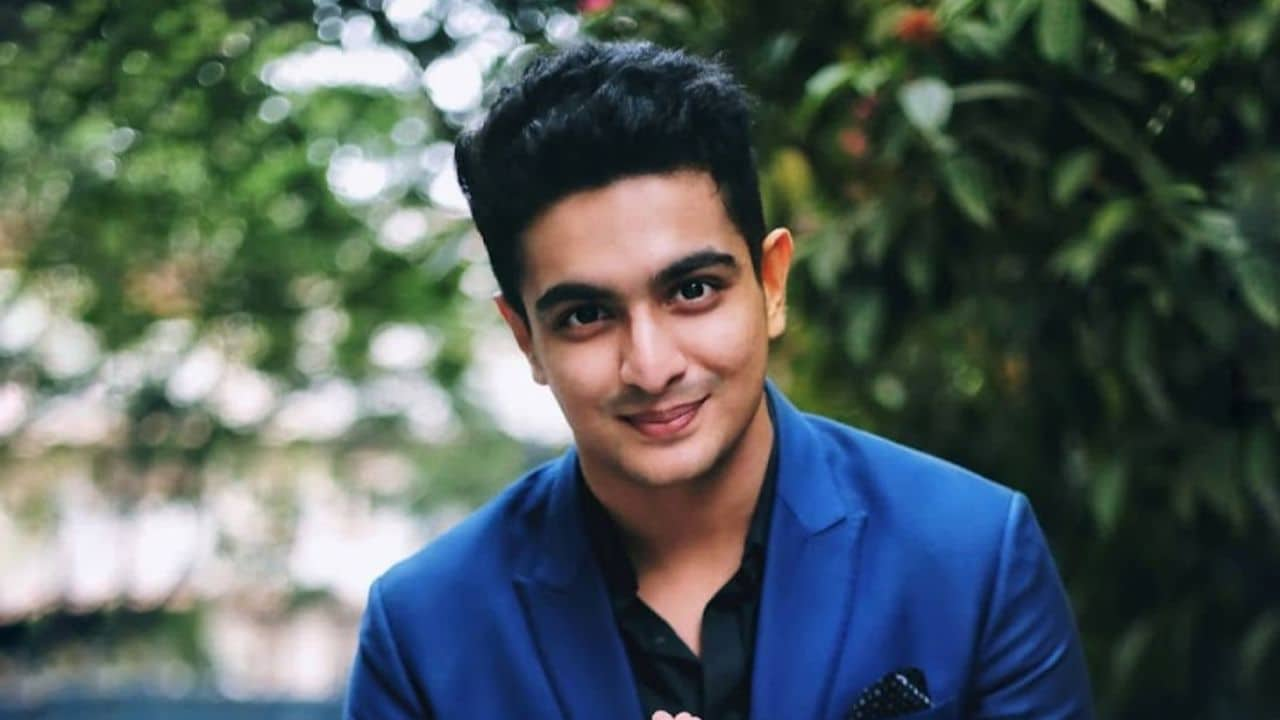The Supreme Court on Monday allowed YouTuber Ranveer Allahbadia, better known as BeerBiceps, to get his passport back so that he can travel abroad for his podcast work, after the police completed their investigation into criminal cases filed against him. Allahbadia had earlier given up his passport when the Supreme Court offered him temporary protection from arrest while it looked into his request to combine all the cases filed against him across different states, all linked to the same controversial episode of his show, India’s Got Latent.
A bench of Justice Surya Kant and Justice NK Singh said Allahbadia could apply to the Maharashtra Cyber Crime Bureau to have his passport returned under reasonable conditions, but he must still cooperate with police if needed. The Court had earlier said he could not leave the country without permission, but now that the investigation is over, it has lifted this restriction so he can continue working. Allahbadia’s lawyer, advocate Abhinav Chandrachud, had argued that the travel ban was affecting his livelihood, as he needs to travel regularly to interview guests for his podcasts.
Chandrachud also asked the Court today to think about joining all the different cases into one, pointing out that even though the Assam case might have more details, it is still based on the same incident as the Mumbai case. The Court agreed to listen to more arguments on this soon. The controversial episode that led to the cases was filmed on 14 November 2024 at Khar Habitat and aired later, causing public anger. In earlier hearings, the Supreme Court had criticised the language used in the show, calling it offensive and questioning whether such vulgarity could be defended as artistic freedom.
Along with Allahbadia, YouTuber Ashish Chanchlani has also gone to the Supreme Court, asking to either cancel an FIR against him in Assam or move it to Mumbai. Chanchlani already has anticipatory bail from the Gauhati High Court. Although Allahbadia was first banned from doing shows, the Supreme Court later allowed him to restart his podcast, with the condition that he keeps the content decent. The Court has also hinted that it may use this case to explore whether there should be rules to stop obscene content from being shared online.
Read More: Breaking: SC raises concern over OTT content, Govt pushes for regulation
